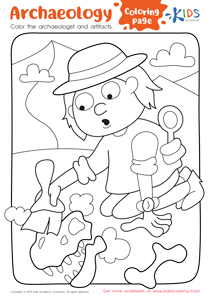Normal Alphabet worksheets activities for 9-Year-Olds
3 filtered results
-
From - To


Phonics and Word Recognition: Assessment 3 Worksheet


Phonics and Word Recognition: Assessment 1 Worksheet


Phonics and Word Recognition: Assessment 2 Worksheet
Normal Alphabet worksheets activities stand out as an imperative educational tool in foundational literacy skills development. These activities are not just about learning to recognize letters; they engage young learners in developing a deeper understanding and familiarity with the alphabet, which is the cornerstone of language and literacy.
First and foremost, Normal Alphabet worksheets activities are beneficial because they provide a structured approach to learning. This structure helps children make sense of the seemingly random assortment of symbols, understanding each letter’s unique shape, sound, and place within the alphabet. Such a methodical approach fosters a sense of confidence in learners, making the daunting task of mastering the alphabet more manageable and enjoyable.
Moreover, these activities are designed to enhance fine motor skills. As children trace letters, color them in, or match them with corresponding pictures, they are not only learning the alphabet but also refining their hand-eye coordination and pencil grip. This dual-purpose nature of Normal Alphabet worksheets activities amplifies their value in early education settings.
Additionally, Normal Alphabet worksheets activities cater to diverse learning styles. Whether a child learns best through visual representation, hands-on activities, or aural cues, there is a worksheet designed to meet their needs. This inclusivity ensures that every child has the opportunity to succeed in their literacy journey.
Another significant advantage is the sense of achievement children gain as they progress through these worksheets. Completing a sheet gives them a tangible sense of accomplishment, motivating them to continue learning and exploring the world of words and reading. This positive reinforcement is crucial in these formative years, cultivating a love for learning that can last a lifetime.
In conclusion, Normal Alphabet worksheets activities are invaluable tools in early childhood education. They not only lay the foundation for reading and writing skills but also support cognitive development, fine motor skills, and learning motivation. By incorporating these activities into the learning curriculum, educators can provide a fun, engaging, and effective way for children to embark on their literacy journey.
 Assign to the classroom
Assign to the classroom












